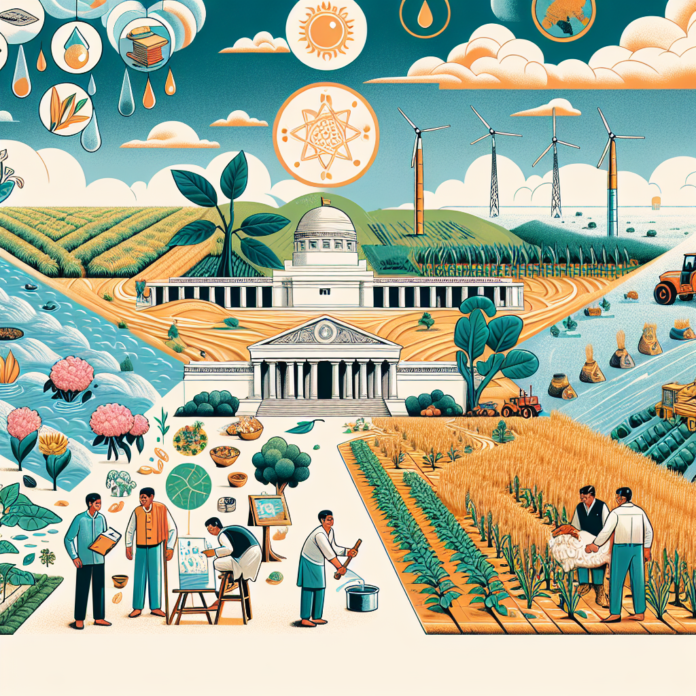The Role of KVKs in Climate-Resilient Farming
The Crucial Role of KVKs in Promoting Climate-Resilient Agriculture
In the face of escalating climate change challenges, Krishi Vigyan Kendras (KVKs) have emerged as vital institutions in fostering climate-resilient farming practices. KVKs, which serve as agricultural extension centers in India, play a significant role in educating farmers about sustainable agricultural techniques and innovative practices that can withstand environmental stresses.
One of the primary functions of KVKs is to provide tailored training programs that equip farmers with knowledge about climate-smart agriculture. These programs cover a range of topics including soil health management, water conservation techniques, crop diversification, and the use of drought-resistant crop varieties. By focusing on these areas, KVKs help farmers adapt to unpredictable weather patterns and reduce their vulnerability to climate impacts.
Moreover, KVKs actively engage in research and development, collaborating with agricultural scientists to test and disseminate new technologies that enhance resilience. This includes promoting practices such as agroforestry, integrated pest management, and organic farming, which not only improve crop yields but also contribute to environmental sustainability.
In addition to training and research, KVKs serve as a critical link between farmers and government initiatives aimed at climate adaptation. They facilitate access to resources such as financial assistance, insurance schemes, and modern agricultural inputs, ensuring that farmers are better equipped to manage climate-related risks.
Furthermore, KVKs emphasize the importance of community participation in building resilience. By fostering local farmer groups and cooperatives, KVKs encourage knowledge sharing and collaborative problem-solving, empowering communities to implement effective strategies tailored to their specific environmental conditions.
As climate change continues to pose significant threats to agriculture, the role of KVKs will be increasingly important. By advancing climate-resilient farming practices, KVKs not only contribute to food security but also enhance the livelihoods of farmers across the region. Their ongoing efforts are essential in creating a sustainable agricultural future that can adapt to the challenges posed by a changing climate.


